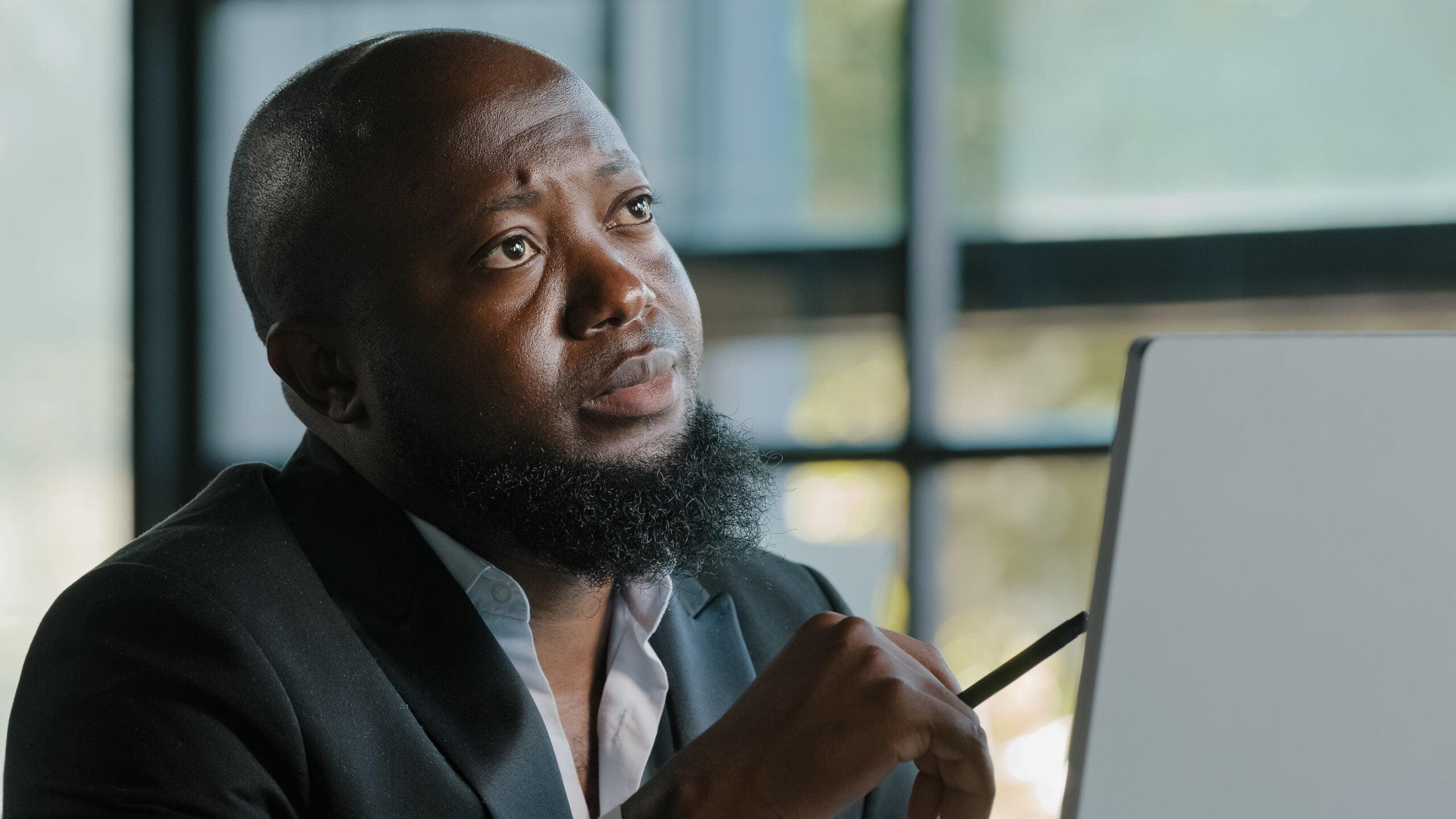Why didn’t I just follow my own advice? I’ve known what to do my entire life, but I ignored it. You’re not alone if this seems familiar. Having faith in our instincts can be challenging, and when we choose to disregard them, we experience further disappointment because of our own self-criticism. Self-doubt can be a stumbling block to your life.
There is no logic in intuition. It cannot be conveyed or explained as the outcome of a series of carefully thought-out steps. Instead, the procedure feels natural, almost instinctive, despite being founded on fundamental information. Though rapid and generally helpful, intuition is not always completely correct. The subconscious mind makes an effort to identify, interpret, and apply thought patterns that are based on prior knowledge and a best guess. Intuition paradoxically feels unknown. After all, you can’t explain the reasoning behind an impulsive choice that strikes you without warning.
What Is Self-Doubt? (A Definition)
Self-doubt can be defined as a state of uncertainty about the truth of anything (Braslow, Guerrettaz, Arkin, & Oleson, 2012). It could be about our thoughts, beliefs, emotions, opinions, decisions, self-views, or any “truth” we hold in our minds. We have a sense that we are not stable. However, researchers further suggest that self-doubt specifically involves questioning our own self-competence (Braslow, Guerrettaz, Arkin, & Oleson, 2012).
What does it mean to be full of self-doubt?
People who have a lot of self-doubts are thought to have a lot of variation in their judgment of their own abilities. At some times, they may expect poor performance and at other times they may expect excellent performance. They cannot confidently state their level of competence and may be uncertain about their ability to cause a desired outcome (Braslow, Guerrettaz, Arkin, & Oleson, 2012).
What’s the opposite of self-doubt?
The opposite of self-doubt is having clear certainty about one’s competence. This person knows what to expect from their performance, whether that be a good performance, bad performance, or somewhere in the middle.
The Meaning of Self-Doubt
Self-doubt is thought to be different from self-efficacy—self-efficacy involves our expectations of performing well in a given domain. Rather, self-doubt appears to involve thoughts or rumination about overall competence. So, someone who is self-doubting may be very clear about who they are but not clear about their level of competence. Because certainty and clarity are experiences that we humans generally strive for, self-doubt can be quite an uncomfortable experience (Braslow, Guerrettaz, Arkin, & Oleson, 2012).
Why then do we ignore our instincts when a voice inside of us is pleading with us to do so?
- We don’t want to be “wrong.” Close your eyes for a moment and think of everyone in your life, past and present, including yourself. Who has been your harshest critic?

- For most of us, this is typically ourselves. Part of the lifelong work of learning to trust your intuition is to stop judging yourself so harshly when you make mistakes: those things that help us learn, grow, and challenge us to look at the bigger picture. Let yourself be “wrong” sometimes! Embracing your inner voice must be accompanied by a release of perfectionism and criticism for missteps. Those missteps are a part of the journey, and intuition is what ultimately allows us to regain our footing on the path.
- We don’t want the onus to fall solely on us. Making group decisions or trusting the judgment of others rather than our own comes with the benefit of not having to carry that pesky burden of potentially being “wrong.” It often feels nicer to have someone else to blame, which allow us to stay stuck in a victim role and shake off responsibility for our own choices. But while blaming others might feel soothing in the short-term, staying stuck in victim role keeps us wading in a river of indecision, confusion, and inability to trust. It can feel scary to recognize that at the end of the day, each decision we make rests fully on our shoulders, but it is also an empowering tool that allows us to fully live our lives—on no one’s terms but our own.
- We believe there is only one correct choice. Releasing the binaries of “black and white,” “good and bad,” and “right and wrong” is an essential step toward trusting our intuition. If we believe there is only one choice that will get us to where we need to go and we’re not certain what that is, of course we will be afraid to listen to our intuition! These binaries and dogmatisms make life feel absolute. In reality, life’s circuitous path is anything but. Having faith that at any given moment we are where we are meant to be, and that every choice we make is the “right” choice for our current circumstances, allows us to move freely, follow intuition, and most importantly, trust.
- Trusting intuition takes daily practice, and no choice is too small to start with.Trusting intuition takes daily practice, and no choice is too small to start with. If your gut tells you to walk down a side street on your way home, listen to it. If you get a strange sense you’d connect deeply with a new acquaintance but have only met once, don’t leave without getting their contact information. We dismiss our gut reactions as silly or “nothing” many times throughout each day, but these small moments can be practice for bigger life choices that are informed by intuition: where to live, who to marry, or when to embark on a fresh start.Today is the perfect day to begin releasing self-blame, owning each decision, and tossing out those “rights and wrongs” in order to start uncovering that wonderful voice that’s the only one worth listening to: your own.


Leave a Reply